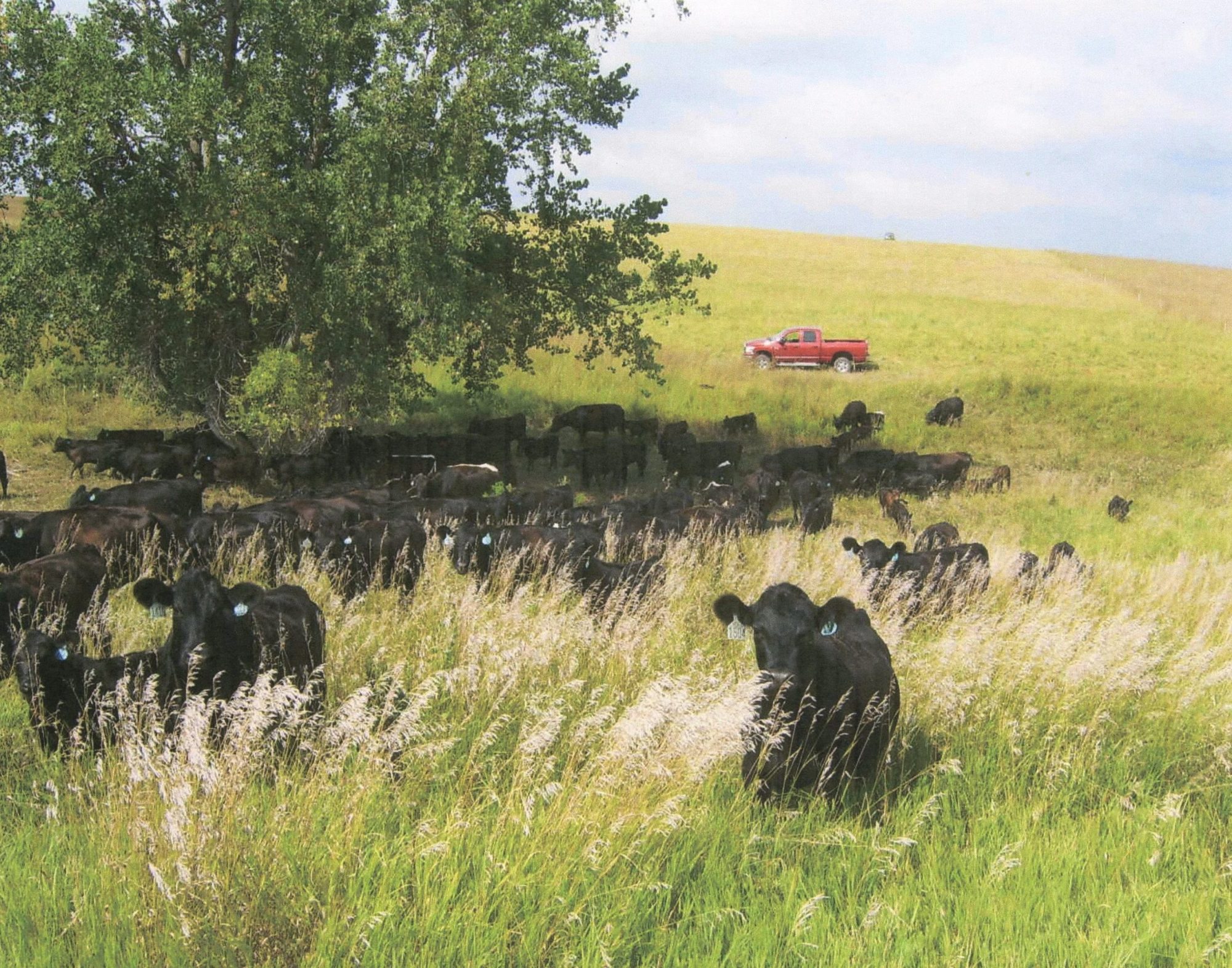Diversified Farms, Public Policy, Disinvestment, and Rural Economic Decline

My dad used to ride the local “milk train” from college at Creighton University in Omaha to his family farm near Fordyce in Cedar County, Nebraska. I don’t know when that train stopped running, but the reasons for its demise can be traced to a disastrous set of public policies that encouraged systematic disinvestment in owner-operated diversified farms.
Diversified Farms
Diversified farmers raised several types of crops and livestock. They milked cows that grazed on open pastures. They fed very little grain and did not use expensive chemicals and equipment. Chickens were raised for meat and eggs and butcher hogs consumed the excess milk and grain. The hogs were trucked to livestock markets in Omaha and Sioux City and the milk and eggs rode the train to Omaha. Although by no means perfect, this farming system operated throughout the Midwest and Plains States.
Public Policy, Disinvestment and Rural Economic Decline
But starting after the Second World War, local bankers and diversified farmers faced competition from big city banks and government agencies. The USDA played a leading role in convincing farmers to borrow ever larger amounts of money to finance the application of petroleum-based fertilizers, herbicides and pesticides on corn, soybeans, and alfalfa. These crops were (and are) trucked to dairy cows, hogs and chickens housed in closed confinement barns and beef cattle held in large feedlots.
Over time, these policy and investment decisions produced a steady decline in the number of diversified farms as well as the processing plants that once supplied nearby Missouri Valley cities, and export markets. The processors have consolidated and moved toward cheap commodities, water and labor. As a result, Missouri Valley residents now spend billions each year on non-local (read imported) fresh produce, meat, and dairy products.
A Sustainable Economic Development Strategy
With the farmer-controlled regenerative and organic production units and local financing, we can compete with imported meat, grain, and fresh produce. Our production units, combined with modern locally owned processing, will create new jobs while reducing water, energy, and chemicals in local and regional food chains.
Diversified regenerative food system have massive economic development potential. It’s not hard to imagine efficient sustainable farms and gardens around every big Missouri Valley city. There are no good reasons why these farms and gardens should not be locally owned and operated by the folks who do the work. Further, sound economic development policy demands that near-by processing plants be owned by entrepreneurs (including workers) who earn reasonable profits and living wages.
Farmer-owned Food Brands
We know smart conventional, natural and organic farmers, ranchers and feeders who are already marketing specialty meats and poultry through established commodity channels. In order to bypass volatile commodity markets, some of these producers want to own retail brands, and yes, contract with locally owned food processors and distributors to supply high-end Missouri Valley grocery and food service outlets.
You can help us get started by considering an investment in regenerative farms managed in local production units by experienced producers. We use Slow Money principles to guide the organizational process. To learn more about farmer-controlled marketing and local financing, please go to our Massena Farm website.
Finally, we are planning to develop our two Omaha area farms to showcase the latest in efficient organic farming technologies and marketing methods. We would be delighted to discuss our plans with qualified investors and experienced organic farmers and gardeners.
Thank you.
Jim Steffen
jim@massenafarms.com
402-317-2639
Reposted 4-14-2025

